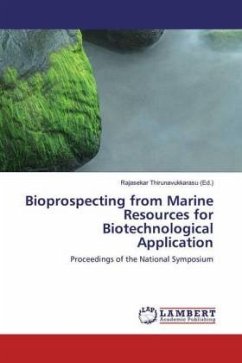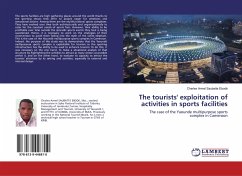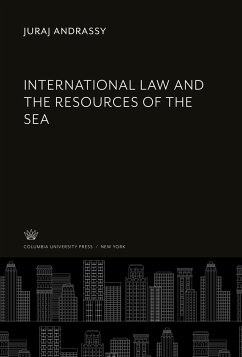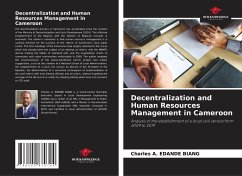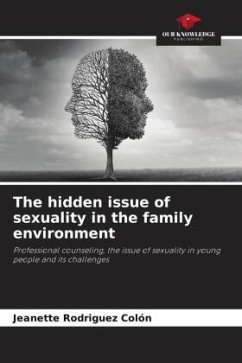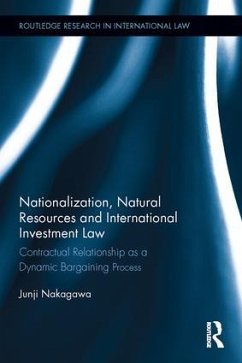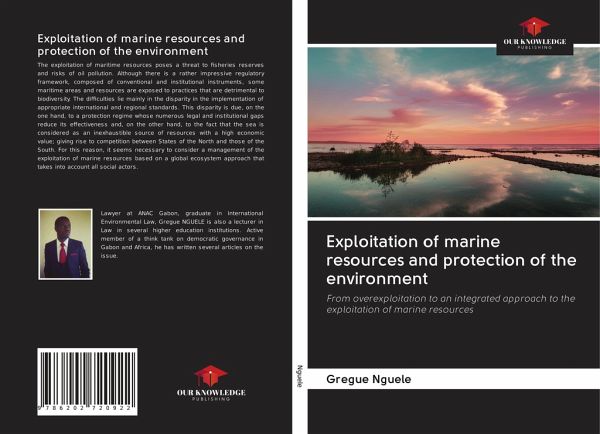
Exploitation of marine resources and protection of the environment
From overexploitation to an integrated approach to the exploitation of marine resources
Versandkostenfrei!
Versandfertig in 1-2 Wochen
28,99 €
inkl. MwSt.

PAYBACK Punkte
14 °P sammeln!
The exploitation of maritime resources poses a threat to fisheries reserves and risks of oil pollution. Although there is a rather impressive regulatory framework, composed of conventional and institutional instruments, some maritime areas and resources are exposed to practices that are detrimental to biodiversity. The difficulties lie mainly in the disparity in the implementation of appropriate international and regional standards. This disparity is due, on the one hand, to a protection regime whose numerous legal and institutional gaps reduce its effectiveness and, on the other hand, to the ...
The exploitation of maritime resources poses a threat to fisheries reserves and risks of oil pollution. Although there is a rather impressive regulatory framework, composed of conventional and institutional instruments, some maritime areas and resources are exposed to practices that are detrimental to biodiversity. The difficulties lie mainly in the disparity in the implementation of appropriate international and regional standards. This disparity is due, on the one hand, to a protection regime whose numerous legal and institutional gaps reduce its effectiveness and, on the other hand, to the fact that the sea is considered as an inexhaustible source of resources with a high economic value; giving rise to competition between States of the North and those of the South. For this reason, it seems necessary to consider a management of the exploitation of marine resources based on a global ecosystem approach that takes into account all social actors.



